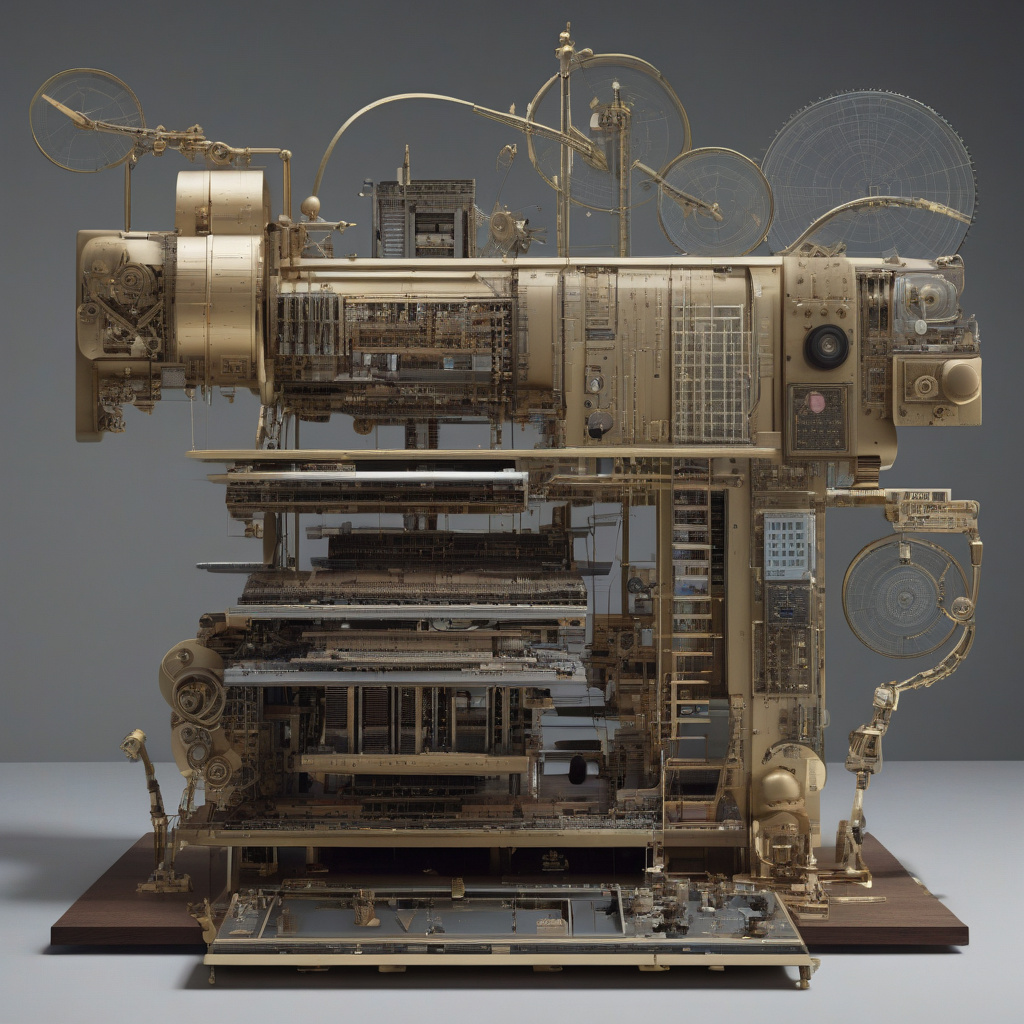Why AI Coding Tools May Mirror Past Tech Revolutions
In the realm of technology, innovation is a constant force driving progress forward. From Grace Hopper’s pioneering work in computer programming to the advent of the internet, each technological revolution has brought with it a wave of change and resistance. As we stand on the cusp of the artificial intelligence (AI) revolution, it’s worth considering whether AI coding tools will follow the same path as their predecessors.
Grace Hopper’s story is a testament to the fact that resistance to innovation often fades over time. Hopper, a trailblazing computer scientist and United States Navy rear admiral, was instrumental in the development of early programming languages such as COBOL. Despite facing skepticism and pushback from her peers, Hopper’s perseverance and belief in the power of technology ultimately led to significant advancements in the field of computer science.
Similarly, AI coding tools have the potential to revolutionize the way we approach software development. By leveraging machine learning algorithms and natural language processing, these tools can automate mundane coding tasks, identify errors, and even generate new code. This not only increases the efficiency of developers but also opens up new possibilities for innovation and creativity in the coding process.
However, like past tech revolutions, the adoption of AI coding tools is not without its challenges. One of the primary concerns surrounding AI tools is the fear of job displacement. As automation becomes more prevalent in the workforce, there is a legitimate apprehension that AI coding tools could render traditional coding jobs obsolete.
Despite these concerns, history has shown us that technological progress is ultimately inevitable. Just as the industrial revolution led to the mechanization of labor and the internet revolutionized communication, the AI revolution will continue to shape the future of work and innovation. Rather than resisting this change, it’s essential for developers to embrace AI coding tools as a means of enhancing their skills and staying competitive in a rapidly evolving industry.
Moreover, the democratization of AI tools has the potential to make coding more accessible to a wider audience. By simplifying the coding process and reducing the barrier to entry, AI tools can empower individuals with limited technical backgrounds to develop software solutions and contribute to the digital economy. This inclusivity and diversity in the tech industry will not only drive innovation but also ensure that the benefits of AI technology are shared equitably across society.
In conclusion, the trajectory of AI coding tools mirrors that of past tech revolutions, where initial resistance gives way to widespread acceptance and integration. By learning from Grace Hopper’s story and embracing innovation, developers can harness the power of AI tools to streamline their workflow, drive creativity, and shape the future of technology. As we navigate this ever-changing landscape, it’s clear that the potential of AI coding tools is limitless, paving the way for a new era of possibilities in software development.
AI, Coding, TechRevolution, Innovation, GraceHopper
